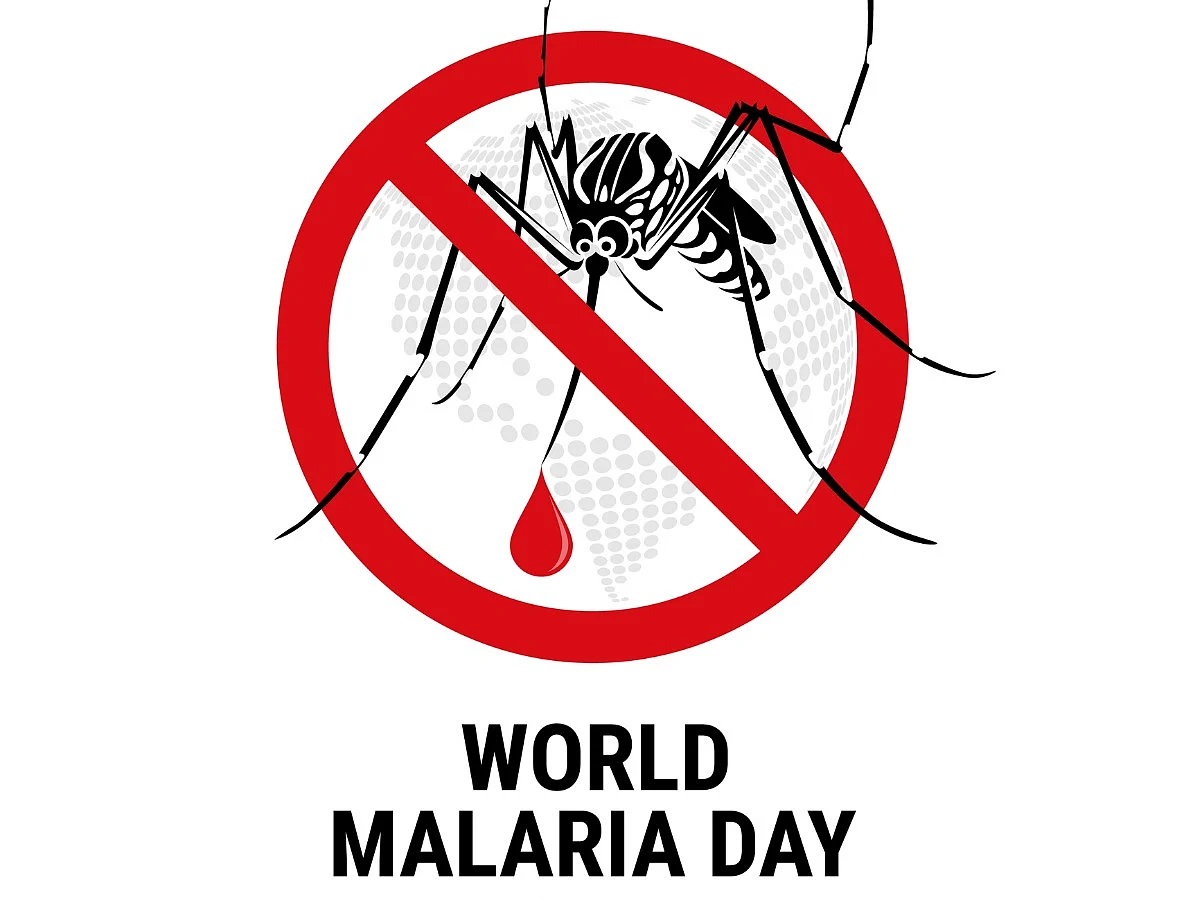World Malaria Day 2024: 10 Signs and Symptoms Of Malaria
Check the warning signs and symptoms of malaria on this world malaria day 2024.

advertisement
Malaria is a serious infectious disease that is caused by parasites transmitted through the bite of infected female Anopheles mosquitoes. Identifying the signs and symptoms of malaria is necessary for timely diagnosis and treatment. It's important to understand that the severity and combination of symptoms can vary depending on certain factors like the type of malaria parasite, the individual's immune response, and any underlying health conditions. Timely detection of these symptoms can lead to early diagnosis and treatment which are essential for preventing complications and reducing the spread of the disease.
World Malaria day is celebrated on 25 April every year and it is the right opportunity to spread awareness about the signs and symptoms of Malaria. Here are ten signs and symptoms of Malaria one should be careful about.
According to Dr. Seema Dhir, Senior Consultant, Internal Medicine at Artemis Hospital Gurugram, here are a few signs and symptoms of Malaria one should be aware of:
1. Fever: One of the most common symptoms of malaria is a high fever, generally occurring in cycles that coincide with the parasite's life cycle. Stress that periodic fever with chills and rigors is almost pathognomic of malaria
2. Headaches: Constant headaches, ranging from mild to severe, are common in malaria. These headaches can be excruciating and may not respond well to the commonly used pain relievers.
3. Fatigue: Another very common symptom of malaria is extreme fatigue and weakness. This fatigue and weakness can also make it difficult for people to carry out their daily activities and may persist even after the fever subsides.
4. Muscle and Joint Pain: Many people with malaria experience muscle aches and joint pain, that are typically described as flu-like symptoms.
5. Nausea and Vomiting: Malaria can also cause gastrointestinal symptoms like nausea, vomiting, and abdominal pain. These symptoms may lead to dehydration and electrolyte imbalances.
6. Loss of Appetite: A sudden loss of appetite is commonly seen in people suffering from malaria, resulting in weight loss and nutritional deficiencies if left untreated.
7. Jaundice: In severe cases of malaria, jaundice may develop because of liver dysfunction. Yellowing of the skin and whites of the eyes can occur, along with dark urine and pale stools.
8. Enlarged Spleen: The spleen plays an important role in the body's immune response to malaria infection. In some cases, the spleen may become enlarged, causing abdominal discomfort and tenderness.
9. Confusion and Delirium: In severe cases, malaria can affect the brain, causing confusion, delirium, seizures, and coma. These neurological symptoms are serious and require immediate medical attention.
10. Anemia: Malaria parasites destroy red blood cells, causing anemia in affected people. Symptoms of anemia include weakness, dizziness, and shortness of breath.
(At The Quint, we question everything. Play an active role in shaping our journalism by becoming a member today.)